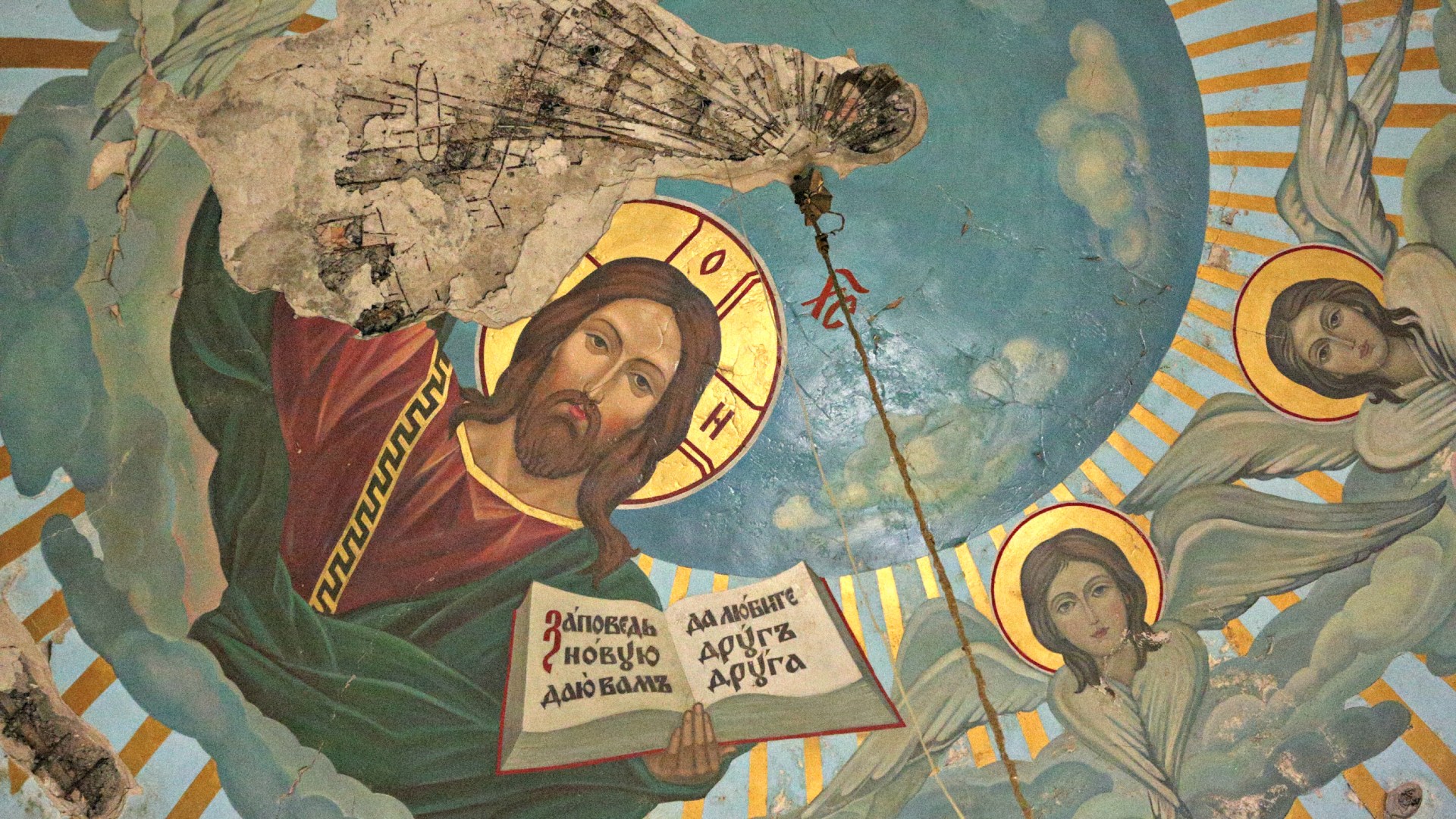To mark the International Day of Prayer for the Persecuted Church [this month], the European Evangelical Alliance (EEA) calls upon evangelicals to unite in praying for the area of Europe where the church suffers the most: the Donbas region of eastern Ukraine.
In 2014, Russian-supporting rebels took over the Donbas region and created the so-called People’s Republics of Donetsk (DNR) and Luhansk (LNR). Since then, thousands of civilians have died, nearly 2 million people have fled, and those who remain have suffered the effects of ongoing conflict, extreme poverty, and terrible government.
On top of all these hardships, restrictions on freedom of religion or belief make life even bleaker for all who follow a faith other than Orthodox believers linked to the Moscow Patriarchate:
- Many churches are illegal and cannot meet, especially evangelical and Ukrainian Orthodox ones. Whole denominations are classed as extremist with no justification.
- Much Christian literature is banned, including the Russian Synodal translation of the Bible.
- Church buildings have been seized by force; the Christian University of Donetsk is occupied by soldiers.
- The registration system for faith communities is totally unfair. Churches have found their applications rejected or have been liquidated later for supposedly being extremist. No evangelical church in Luhansk is registered.
- Roman Catholic and Ukrainian Orthodox clergy have not been allowed back into the [region].
- Defying a ban and meeting as [a] church anyway results in fines and harassment.
The [DNR and LNR] are not recognised by the international community because of the illegal and violent way they were created. This means that international human rights law does not apply. The only international actors who have any influence are the Organization for Security and Cooperation in Europe (OSCE) and the International Red Cross.
The situation in Donbas is bleak. Fear abounds.
And that is why we invite Christians to join us in praying for change:
- Let’s pray for miracles.
- Let’s pray for our brothers and sisters there: for miraculous hope and peace, wisdom and protection, freedom and joy, and for the Good News of Jesus to be seen and heard.
- Let’s pray for those who work to strengthen peace and reconciliation and bring practical hope. May God multiply the impact of local Christian efforts to love and care for neighbors.
- Let’s pray for those working in the OSCE: those in the mission in Donbas and those seeking to exercise influence from abroad. Let’s pray for protection, wisdom, and courage, and for a prioritizing of freedom of religion.
- Let’s pray for a change of heart in those that control the Donbas region of eastern Ukraine so that freedom of religion, peaceful assembly, expression, and travel are fully respected.
- And let’s pray for a dramatic turnaround so that shalom can return.
Thomas Bucher is general secretary of the European Evangelical Alliance. This op-ed was first published on the EEA website.
Speaking Out is Christianity Today’s guest opinion column and (unlike an editorial) does not necessarily represent the opinion of the publication.













